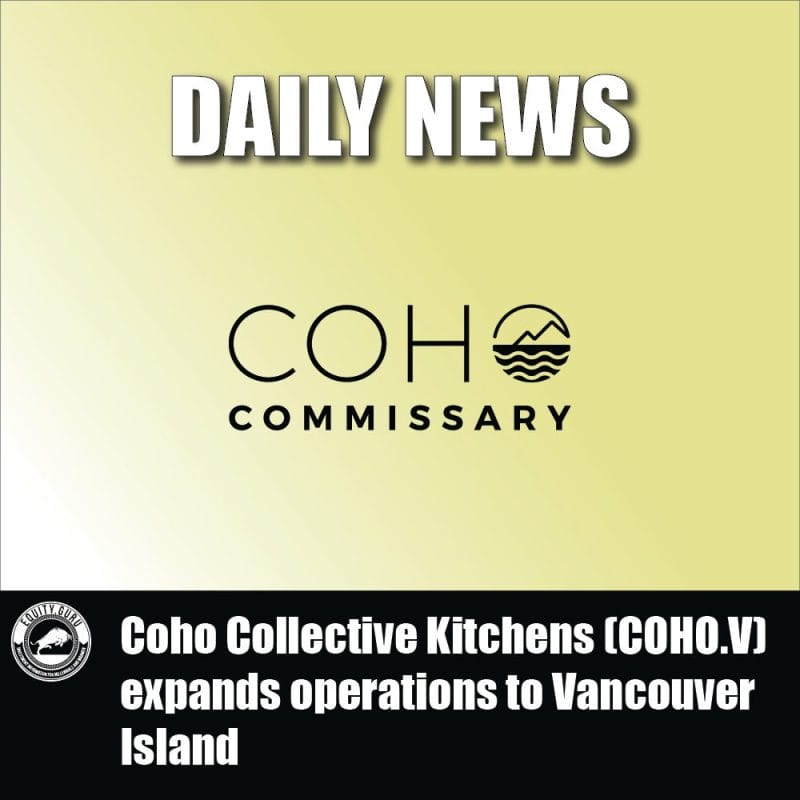When I was a kid and with my parents freshly divorced, my dad moved into an apartment above a bakery. As a result, I’m forever hotwired to connecting ‘Sunday dad day’ with the smell of fresh crusty bread. I’ll be honest – I’ve been chasing that dragon ever since.
For a while there, it was easy to do. Most bakeries understood that ‘fresh baked’ was their moat, that kept the supermarket crap at a lower level and gave them a business edge but, over the years, corporate retail thinking has led to decision making that prioritized quick over good, and all but killed the hot, crusty bread experience.
Generic rubbish like Cobb’s Bread is everywhere, in every strip mall, and they do a lot of business, but in order to get you rung up quicker, they bag their ‘fresh bread’ in plastic, which makes it softer, non-crusty, and able to be stocked on the shelf longer. Great for their bottom line. Not so great from a customer experience.
And as a result of that, and the litany of shitty generic supermarket bread that increasingly costs more and more, I’ve become something I never thought I would become.
I’m a non-bread guy. After half a century eating my weight in processed wheat and flour, I now walk past the bread shelf entirely.
Or I did, until a Purebread opened nearby. Or, rather, six opened nearby.

Bread, cakes, coffee.. it’s like hipster concentrate. It’s enough to make me a bread guy again.
Purebread is undergoing an expansion right now, having just opened an airport location they’re projecting as a $3m per year revenue raiser. But if you live in Vancouver, you’ve already seen that expansion in action, because there are literally for of these joints within walking distance of where I am right now.
Main Street, Broadway, Kits, Gastown, Whistler, they’ve hit all the high spots right out of the gate, in all the parts of town where tourists and high income folks shop.
And while, yeah, their bread is more expensive than the crap sold at Safeway (and only marginally more expensive than the plastic-baggied crap at Cobb’s), the difference in quality is bonkers.

This is bread like nana used to make, if nana knew what she was doing. It’s Sunday Dad Day all over again.
So why am I bugging you, the Canadian investor sector, about my new favourite bread joint?
Cos it’s public, yo.
PUREBREAD BRANDS (BRED.V) was formerly Coho Collective (COHO.V), but switched to Purebread after the commissary kitchen company bought the Purebreads brand last year.
The history of Coho is it came to market post Covid-19, when the whole world was ordering dinner on apps, and ghost kitchens were the hot buzzword.
A ghost kitchen is a brand that runs out of a commissary rather than a restaurant, allowing potentially dozens of different groups to share a kitchen facility rather than laying out a fortune building a restaurant kitchen independently for each.
As an example, Mahony’s Pub is located at Stamps Landing in Vancouver, and it’s a nice spot to sit and eat. It has a big kitchen. It’s also rarely busy outside of summer happy hours.
But if you look on your delivery app, that kitchen is also home to Bring Wings, Hana Poke, Wingin’ It, Obey Poke, Street Tenders, Canteen, The Sandwich Club, Mad Cheddar Grilled Cheese, Bun + Burger, and Pretty Please Mac and Cheese. Chances are good, your lunchtime mac and cheese didn’t come from a restaurant with a big sign out front, it came from a kitchen in a commercial warehouse.
When Mr Beast Burger opened to 1500 locations across North America in just a couple of months, it was almost all in ghost kitchens, with standardized food shot out the back door from places with no sign of the Mr Beast logo on the front door.
Ghost Kitchens are big business, but so are commissary kitchens, which is where you’ll find the people behind food trucks, catering companies, and a lot of restaurants doing their prep for the day/week. With real estate prices high, especially in downtown areas, opening a restaurant with a huge prep area makes no sense.
Take it from a guy who used to own a restaurant, Fray on Fraser, the one time Fraser Street hot spot of Vancouver’s cool set back in 2013. We did locally sourced, organic comfort food, but even though we were jammed full most nights, we could rarely get maximum use out of our kitchen because it took us half the day to prep for the evening crowd, making lunch time service hard to manage. I’ve known restaurant owners who had to buy fresh food every day because they didn’t have fridge space, and others who had to store food in coolers in the back of a van out back for the same reason.
Commissaries are to restaurants what streaming is to movies – they give the industry a few decades more to be profitable after real estate costs put the whole idea into question.
Coho operates eight kitchen facilities in British Columbia and plans to launch additional locations across Canada in the next 12–18 months, reflecting robust demand and growth potential, with over 140 active members, including diverse food-based businesses, and a long waitlist, showcasing the fact that should they open more, those will be earning revenue immediately.
The financials are showing the results of a long term austerity/growth push by the company and, though it’s not yet break even, it’s getting there fast,
- Revenue for the three and nine months ending December 31, 2023, increased by 470% and 246%, respectively, compared to the same periods in 2022, largely due to Purebread and increased demand for shared kitchen facilities.
- Gross profit improved from $638,696 to $3,246,030 (three months) and from $1,670,873 to $5,385,566 (nine months).
- Although EBITDA is still negative at –$848,198 for nine months ending December 31, 2023, this shows significant improvement from –$2,030,847 in the prior year, indicating enhanced operational efficiency and potential profitability in the future.
With a $9m market cap and a share price that’s picked up since the New Year, I’m focusing on BRED today not because I have any commercial relationship with them, but because I see that chart moving and believe the fall off through 2024 was an oversell.

Purebread is under-capitalized and will need to raise funds to properly grow the Purebread (and Coho) brands, but any growth plan appears to me to be justified and well founded.
Coho Commissary, by itself, is a good business that will get better as a multitude of restaurants continue to succumb to high rents, while food ordering continues to thrive. The company neglected its investor marketing early on, and suffered as a result when investors failed to notice. That’s meant a dearth of the kind of growth funding it warranted.
But with the Purebread brand tied on, there’s a real ‘main street’ retail plan that could catch on quickly and if the recent spike in stock price is any guide, there may be a decent chance to bring in financing some time soon without having to do it at a cheap price.
Ih the meantime, I’ll keep doing my part at the lunch counter.
— Chris Parry
FULL DISCLOSURE: No commercial interest in the company.




